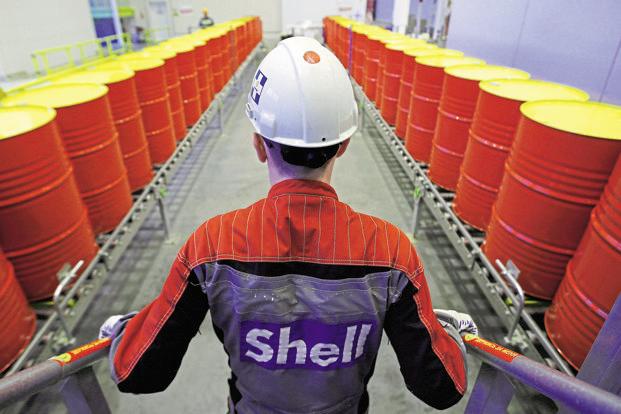
Royal Dutch Shell Plc. will be committing further investments in India after its February merger with BG Group Plc., a spokesperson for the oil and gas company said.
Shell has so far invested around $1 billion in its India operations.
A Shell India spokesperson said by email, “We have a long history in India and have consistently looked to expand our investments. I can assure that our overall approach towards investment in India remains positive.”
Shell announced its merger plans with BG Group in April 2015 and completed the same in February 2016.
On Monday, Shell India announced the appointment of Nitin Prasad as its new chairman after Yasmine Hilton retires in September.
Shell is one of the few international oil companies in India present in the downstream and midstream segments. With BG Group’s assets in tow, Shell becomes an upstream player too through the Panna Mukta and Tapti (PMT) oil and gas fields where Shell now partners Oil and Natural Gas Corp. Ltd (ONGC) and Reliance Industries Ltd (RIL).
Shell holds a 30% interest in the mid and south Tapti gas fields and the Panna/Mukta oil fields, while ONGC holds a 40% stake and RIL 30%.
Production from the PMT fields has been falling and Shell and its partners may have to invest around $1 billion to arrest it. Added to this will be extension to the production sharing contract (PSC) that the consortium has been seeking for the past few years. The PSC expires in 2019 and for further investments to be viable and attractive it would have to be extended by at least five years, an ONGC official said.
“No decisions will be taken about specific locations where BG had operations until we have a good understanding of their potential. We look forward to entering into a close dialogue with the government about the future of the operation, and any areas of uncertainty, as soon as we are in a position to speak with some authority,” Shell added in the emailed reply.
Another asset added to Shell’s portfolio is the country’s second largest compressed natural gas (CNG) retailer Mahanagar Gas Ltd (MGL).
MGL is in the process of launching its initial public offer (IPO) of around Rs.1,200 crore shortly. Shell India and state-owned GAIL (India) Ltd, the promoters, will sell 12.5% each in the IPO. The promoters currently hold a 49.75% stake each in MGL, while the Maharashtra government holds a minor 0.49% stake.
MGL sells CNG to automobiles and piped cooking gas to households in Mumbai and its adjoining suburbs. It has 128 CNG filling stations in Mumbai and greater Mumbai and 45 in Thane, Navi Mumbai and Panvel.
Last month, Shell said it is nearly doubling its headcount to 1,000 at its Shell Technology Centre Bangalore, (STCB) to insource more work. The centre is one of its three global hubs for technology, after Houston and Amsterdam.
STCB provides access to Indian talent and resources to Shell worldwide. The STCB currently employs around 900 engineers.
Shell is also the only global oil company to have a fuel retail licence in the country. The company has a marketing licence from the centre to set up a network of up to 2,000 fuel retail stations in India. Currently, about 77 Shell fuel retail outlets are operational.
Through its Rs.3,000-crore Hazira Liquefied Natural Gas (LNG) storage and re-gasification terminal with a capacity of 5 million tonnes per annum (mpta), the company is a significant player in the downstream segment.
The terminal is being expanded to 7.5 mtpa by March 2017 with the capacity to be further expanded to 10 mtpa.
Royal Dutch Shell through its unit Shell Gas holds a 74% stake in Hazira LNG, while Total Gaz Electricite France, a unit of France’s Total, holds the remainder.
Shell also has a 26% stake in building the Kakinada LNG terminal on the east coast. AP Gas Development Corp., a joint venture company between the Andhra Pradesh government and GAIL and GDF Suez hold 48% and 26% equity in the project, respectively.
“It is a good time to be in India. It is the largest consumer market in all segments of energy and Shell is in a good position to gain significantly from the Indian market,” said an energy consultant at a large consulting firm on condition of anonymity, as he is not allowed to talk to the media.